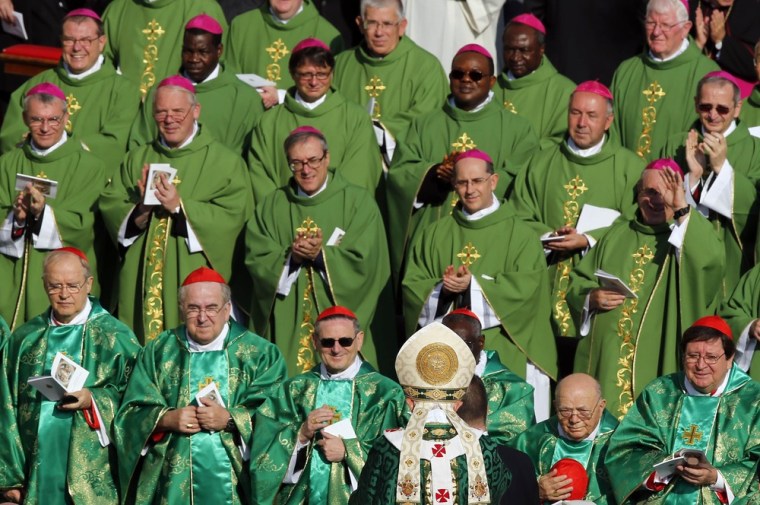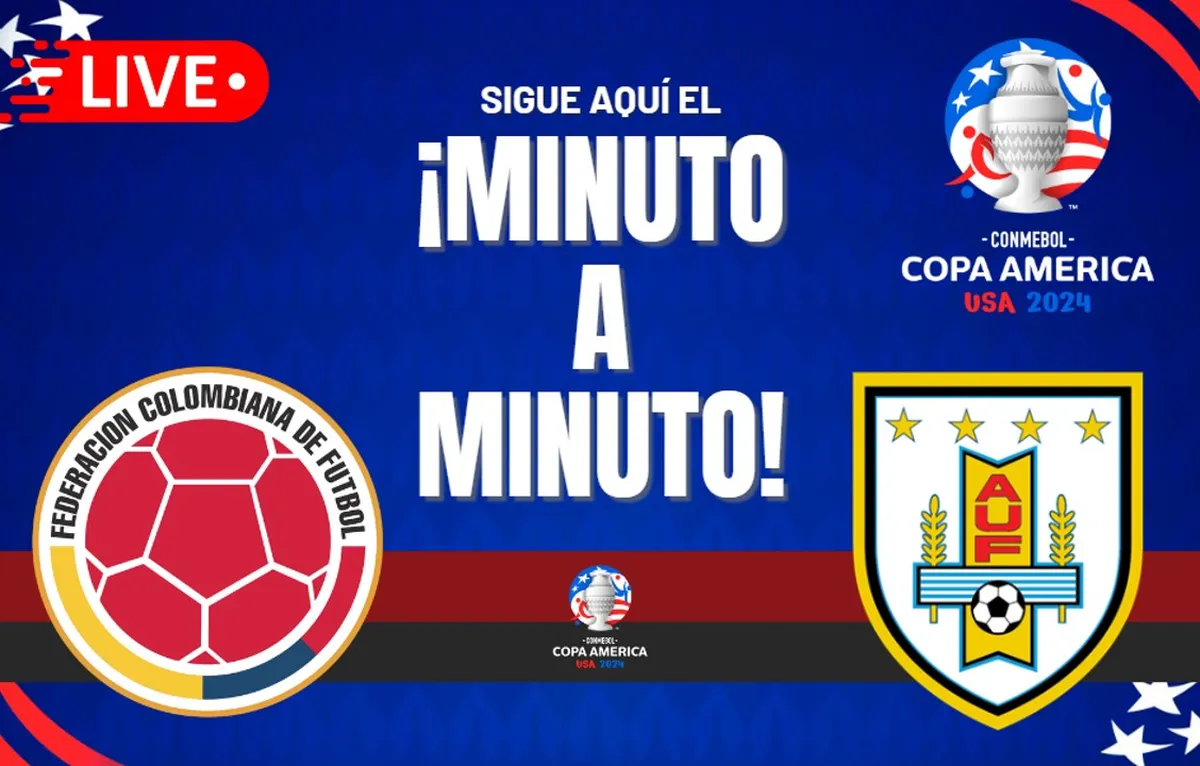New Pope Leo Addresses Growing Secularism In Inaugural Service

Table of Contents
Pope Leo's Critique of Secularism
Pope Leo's address didn't shy away from addressing the negative impacts of growing secularism. He painted a picture of a society where faith is increasingly marginalized, impacting both individual lives and the broader social fabric.
The Erosion of Religious Values
Pope Leo highlighted the diminishing influence of religion in public life, citing tangible examples of secularization's impact.
- Declining Church Attendance: Statistics show a steady decline in church attendance across many Western nations, reflecting a broader trend of disengagement from organized religion. This decline is particularly pronounced among younger generations.
- Marginalization of Faith-Based Perspectives: In policy debates, faith-based arguments often face resistance, with secular viewpoints dominating public discourse. This marginalization limits the influence of religious values on shaping laws and societal norms.
- Erosion of Religious Education: The decline in religious education in schools and families contributes to a lack of religious literacy and understanding among younger generations, further exacerbating the effects of secularism.
Pope Leo's analysis suggests that secularism, while offering certain freedoms, contributes to a moral vacuum, undermining traditional values and weakening social cohesion. He argued that the decline in religious influence is not simply a matter of personal choice but has broader societal consequences.
The Impact on Family and Community
The Pope emphasized the interconnectedness of faith, family, and community. He argued that the erosion of religious belief often correlates with weakening family structures and community bonds.
- Rising Divorce Rates and Family Breakdown: Studies suggest a correlation between declining religious affiliation and increased divorce rates, highlighting the importance of faith in maintaining strong family units.
- Weakening Community Ties: Faith-based communities often serve as vital hubs for social support and mutual aid. Their decline leaves a void in many communities, leading to social isolation and decreased civic engagement.
- Loss of Shared Values and Morality: Pope Leo argued that a shared religious framework provides a foundation for common moral values and ethical guidelines, which are essential for maintaining social order and promoting a sense of collective responsibility.
Pope Leo proposed that strengthening faith-based communities is key to reinforcing family values and restoring social cohesion, even within a secular society. He suggested initiatives to support families and strengthen community bonds through faith-based programs and outreach.
Pope Leo's Call for Dialogue and Engagement
Rather than resorting to condemnation, Pope Leo stressed the importance of building bridges with secular individuals and groups. He advocated for a proactive approach that emphasizes mutual respect and understanding.
Reaching Out to Secularists
Pope Leo proposed several strategies for fostering dialogue with secularists:
- Open and Respectful Conversation: He emphasized the need for respectful dialogue, listening to the concerns and perspectives of secular individuals without compromising core religious beliefs.
- Collaboration on Shared Values: He highlighted the possibility of finding common ground on shared values, such as social justice, environmental protection, and promoting human dignity.
- Addressing Misconceptions about Faith: He acknowledged that negative perceptions of religion exist within secular circles and urged the Church to actively engage in addressing misconceptions through clear communication.
Quotes from his inaugural address consistently stressed the need for empathy and understanding in engaging with secular perspectives, emphasizing the importance of building relationships rather than erecting walls. The effectiveness of this approach will depend on the willingness of both secular and religious communities to engage in genuine dialogue.
Promoting Interfaith Understanding
Pope Leo also underscored the significance of interfaith cooperation in addressing the challenges of a secular age.
- Collaborative Initiatives: He envisioned joint initiatives between different faith groups to address common social issues such as poverty, inequality, and environmental degradation.
- Mutual Respect and Tolerance: He stressed the importance of promoting mutual respect and tolerance between different religious communities, recognizing the shared values and goals that unite them.
- Building a Culture of Peace: He suggested that interfaith dialogue could be instrumental in building a culture of peace and understanding, countering the negative effects of secularism's potential for division.
Interfaith understanding, Pope Leo argued, can help mitigate the negative impacts of secularism by fostering a sense of shared humanity and promoting a more inclusive and harmonious society.
The Path Forward: Reinvigorating Faith in a Secular Age
Pope Leo outlined a vision for the Church's role in navigating the challenges of secularism. This vision involves adapting to modern realities while staying true to its core mission.
The Role of the Church
Pope Leo sees the Church playing a vital role in supporting individuals, families, and communities in an increasingly secular world:
- Increased Accessibility and Relevance: The Church needs to become more accessible and relevant to people's lives, offering support and guidance in navigating the challenges of modern society.
- Community-Based Initiatives: The Church can strengthen communities through programs addressing social issues like poverty, homelessness, and addiction.
- Modernizing Outreach: Utilizing modern communication tools, like social media and online platforms, to engage with younger generations and connect with those who might not regularly attend church.
The Church's adaptation to the modern context requires a balance between preserving its traditions and embracing innovative approaches to meet the evolving needs of its community.
The Importance of Education and Outreach
Effective religious education and proactive outreach are vital to counteract the negative effects of secularism.
- Comprehensive Religious Education: Robust religious education programs are needed to equip younger generations with a deep understanding of their faith and its relevance to their lives.
- Targeted Outreach Programs: Initiatives targeting specific demographics, such as young adults and families, can help address the challenges of secularism more effectively.
- Strategic Media Engagement: The Church must utilize media platforms to communicate its message clearly and effectively, countering misinformation and negative portrayals of faith.
Effective communication and education can create a bridge between faith and secular communities, fostering mutual understanding and respect.
Conclusion
Pope Leo's inaugural address offered a multifaceted response to the challenges posed by growing secularism. He advocated for a balanced approach: upholding core religious principles while engaging in open dialogue, interfaith cooperation, and renewed community building. His emphasis on understanding, dialogue, and adapting to the modern context provides a framework for navigating this complex societal shift. Understanding the complexities of secularism is crucial for both religious believers and secular individuals alike. Further research into Pope Leo's pronouncements on secularism and the Church's evolving response will offer valuable insights into navigating this increasingly complex societal shift. Engage with the ongoing conversation about the impact of secularism on our world and how faith communities can respond effectively.

Featured Posts
-
 Ufc Tonight Essential Information On The Ufc 315 Event
May 11, 2025
Ufc Tonight Essential Information On The Ufc 315 Event
May 11, 2025 -
 Gatsbys Prototypes The Real Men Who Inspired Fitzgeralds Classic
May 11, 2025
Gatsbys Prototypes The Real Men Who Inspired Fitzgeralds Classic
May 11, 2025 -
 Sudamericano Sub 20 En Vivo Uruguay Vs Colombia Minuto A Minuto Online
May 11, 2025
Sudamericano Sub 20 En Vivo Uruguay Vs Colombia Minuto A Minuto Online
May 11, 2025 -
 Impact Of Jurickson Profars 80 Game Ped Suspension On His Career
May 11, 2025
Impact Of Jurickson Profars 80 Game Ped Suspension On His Career
May 11, 2025 -
 Selena Gomez And Benny Blancos Baby News Fact Or Fiction
May 11, 2025
Selena Gomez And Benny Blancos Baby News Fact Or Fiction
May 11, 2025
